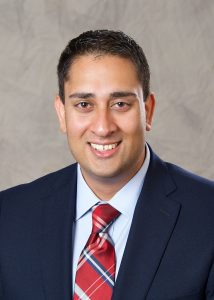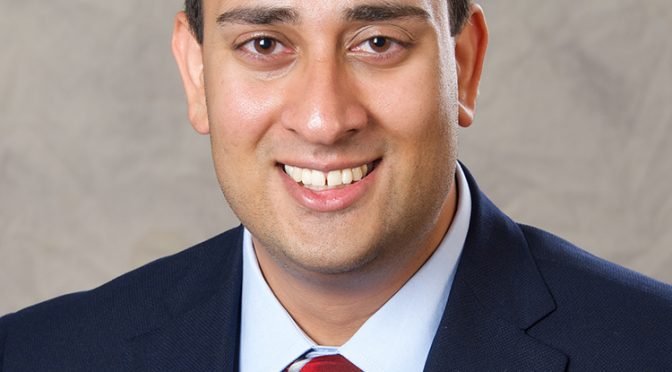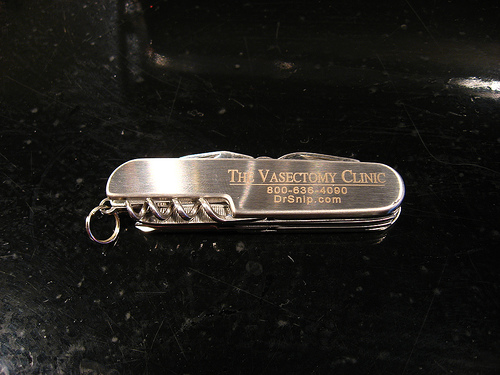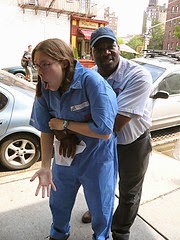Podcast: Play in new window | Download (Duration: 38:10 — 52.5MB)
Subscribe: Spotify | RSS | More
Mentorship–both giving and receiving–is a crucial part of being a resident

Short Coat Podcast veteran Keenan Laraway, MD (CCOM ’15, Internal Medicine), returns to the microphone to give his insights into one of the most important parts of residency–finding and being a mentor. As you listen, note how much credit he gives to his mentors for their influence on him, and how much emphasis he gives to teaching medical students himself. Medical residency (and undergraduate medical education, partially) operates on an apprenticeship model, in which the experience and advice of one’s colleagues is integral to one’s own development. Seeking out those relationships is therefore vital.
Helpful links
AAMC Careers in Medicine – Careers in medicine is a resource designed to assist medical students in choosing a specialty and navigating the residency match process in a strategic way.
We Want to Hear From You
Do you have mentors to whom you turn for advice and example? Tell us about them at 347-SHORTCT anytime, visit our Facebook group, or email theshortcoats@gmail.com.
Continue reading Night Float: Finding Mentors, Being a Mentor











